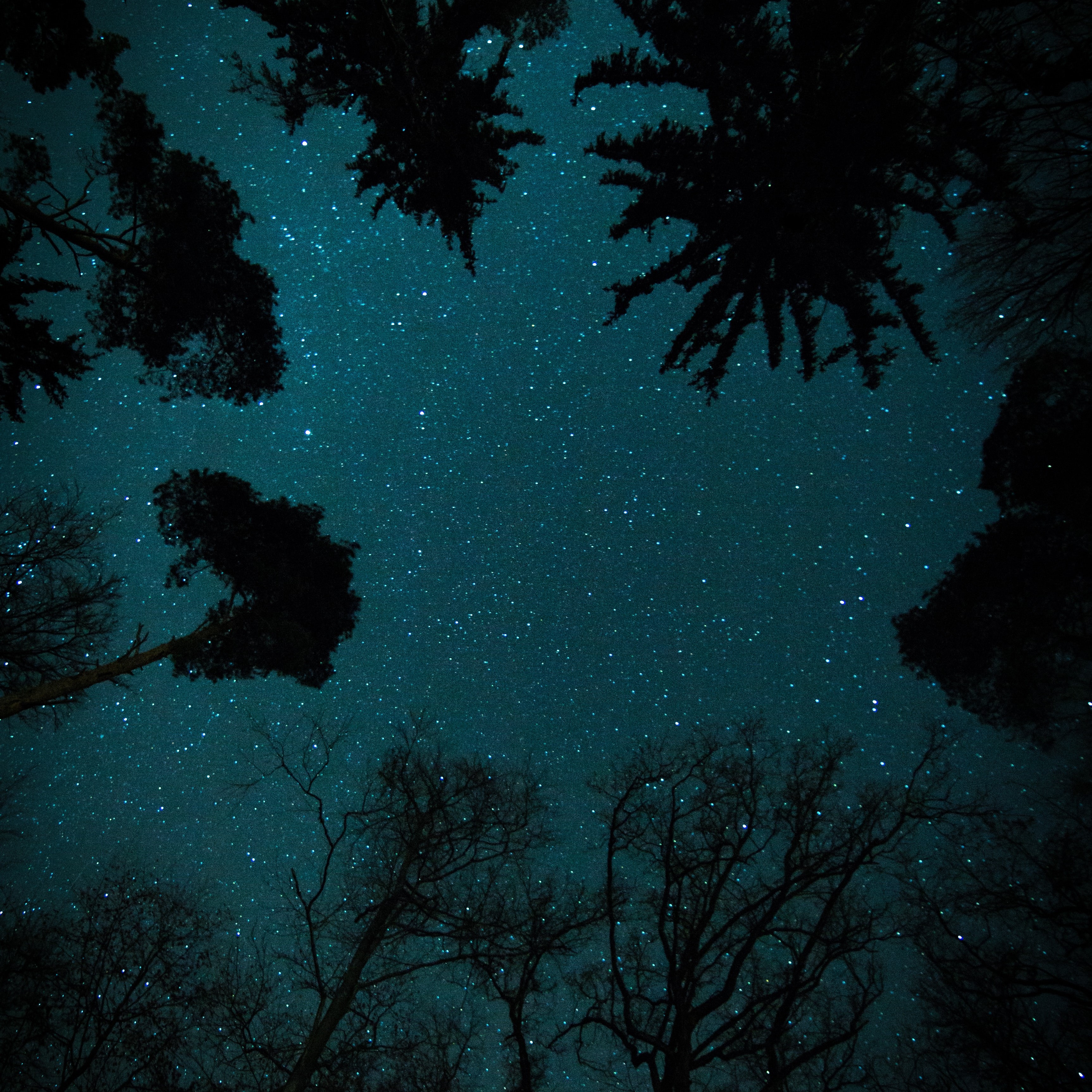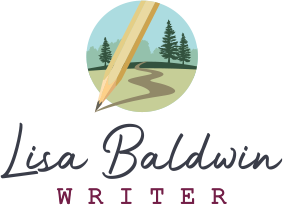
Don’t Be Afraid of the Dark
It's actually really good for you
The human body is designed to sleep when its dark. According to the Sleep Foundation, light is the most important factor affecting sleep.[1] The Centers for Disease Control and Prevention (CDC) advise that the light/dark cycle of the sun has a powerful effect on our body’s circadian clock, sleep, and alertness. Our bodies respond to light as a signal to wake up and darkness as a signal to sleep.[2]
I’m not sure if humans have created too much unnatural light, or if its the relentless frenzy of daily life that is causing so many of us to struggle with sleeplessness. In either case, sleeplessness has become such a widespread problem that the Centers for Disease Control and Prevention (CDC) has declared sleep deprivation a public health epidemic.[3]
This summer my husband Greg and I visited a long-awaited vacation destination. Beautiful Alaska fulfilled all my expectations, but what I didn’t count on was how the Land of the Midnight Sun would completely disrupt my ability to sleep. The sun never fully sets that far north on the globe, causing my circadian rhythms to drum out a beat that kept me awake, even though all my other bodily functions desperately wanted rest.
The islands of southeastern Alaska are vast and lush and during our two-week stay we reveled in their wild beauty. The long days of extended sunlight allowed non-stop exploration of this beautiful outdoor wonderland. We fished and feasted on crystal clear oceans teeming with wildlife beneath sweeping vistas of verdant mountains. We hiked through lush forests that could have inspired the mythical world of Avatar’s Pandora, and discovered sparkling rivers and lakes unmarked by any signs of human habitation. All that activity should have caused me to drop like a stone into a pool of deep slumber every night. But dawn awakened me at 3:00 a.m. and I was ready for a nap by noon.
Beauty is illuminated by glorious sunlight, but it seems that darkness is essential to our ability to enjoy it.
After my return from Alaska, it took a full week for my energy and mental faculties to return to normal. Only then was I able to consider the necessary balance between light and darkness and wonder if it had broader application to our lives. What if darkness, the inability to easily see our surroundings, serves a greater good in our lives than we realize?
Darkness is often synonymous with pain, isolation, and fear. Poets and writers lament the dark night of the soul. We also connect the presence of evil to darkness—“people loved darkness instead of light because their deeds were evil.” But if scientific research and common practice affirms that our bodies are designed to sleep in the dark, there must be more goodness going on from dusk till dawn than we are aware of.
At night the earth cools and the natural world becomes quiet. Plants cease from photosynthesis and use the dark hours for respiration. As plants breathe, they consume the nutrients they need to keep their cells alive. Humans are the same—the darkness of night brings on restful sleep which allows our minds and bodies to refresh and replenish the natural resources we need to live each day.
So why do we constantly light up our sleeping places and personal spaces with the artificial light of televisions, cell phones, computer screens, and digital clocks. Have we become afraid of the dark? Does the quiet unsettle us? Or are we unable to be at peace with ourselves?
Frederich Buechner describes the ability to sleep like this:
Sleep is a surrender, a laying down of arms. Whatever plans you’re making, whatever work you’re up to your ears in, whatever pleasures you’re enjoying, whatever sorrows or anxieties or problems you’re in the midst of, you set them aside, find a place to stretch out somewhere, close your eyes, and wait for sleep….You have given up being in charge of your life. You have put yourself into the hands of the night.[4]
David, the Israelite king who authored many of the beautiful Psalms we find in the Bible, must have suffered greatly from insomnia. Read one of his laments:
“I am like a desert owl, like an owl among the ruins. I lie awake; I have become like a bird alone on a roof.” [Psalm 102:6 – 7]
But he must have learned to accept the peace that descends with the setting sun because he also wrote many wise words about sleep and the One who created it:
“In peace I will lie down and sleep, for you alone, Lord, make me dwell in safety.” [Psalm 4:8]
It seems that God wants us to entrust our need for sleep to him, to “lay down our arms,” and trust him to take charge of everything around us for the essential few hours during which our bodies and brains require rest.
Maybe we should return to the practice of bedtime prayers, read aloud some scriptures from the Psalms, and then release all our worries to God. And then we power down. We extinguish all sources of artificial light. We turn off the TV and plug our cell phones into a charger in another room. If it’s July and you live in Alaska, you pull down the blackout shades on your bedroom window.
Let the night come. Let it enfold you like a soft embrace. Don’t worry about what you cannot see beyond the reach of your hand. Don’t consider the world of activity that will rise with the sun tomorrow morning. And if you awaken at 3:00 a.m. wondering how you are going to solve all of life’s problems, remember this beautiful verse:
“On my bed I remember you; I think of you through the watches of the night. Because you are my help, I sing in the shadow of your wings. I cling to you; your right hand upholds me.” [Psalm 63:6 – 8]
Open your heart in prayer and let God lull you back to sleep. And then awaken to a new day filled with love and purpose.
[1] “Light and Sleep,” Sleep Foundation, accessed August 6, 2023, https://www.sleepfoundation.org/bedroom-environment/light-and-sleep
[2] “Effects of Light on Circadian Rhythms,” Centers for Disease Control and Prevention, accessed August 6, 2023, https://www.cdc.gov/niosh/emres/longhourstraining/light.html
[3] “The Global Problem of Insufficient Sleep and its Serious Public Health Implications,” National Institutes of Health, National Library of Medicine, accessed August 6, 2023, https://www.ncbi.nlm.nih.gov/pmc/articles/PMC6473877/
[4] Buechner, Frederick. Whistling in the Dark. New York, Harper Collins Publishers, 1988.


It’s so true! I find it hard to fall asleep and stay asleep most every night. Thank you so much for this article and the reminder to turn to prayer when 3 a.m. rolls around and I find myself awake and thinking of tomorrow.